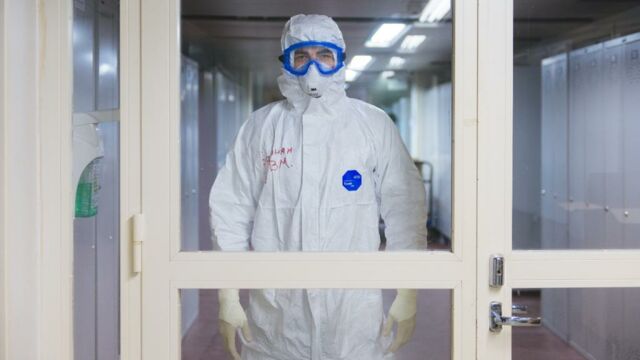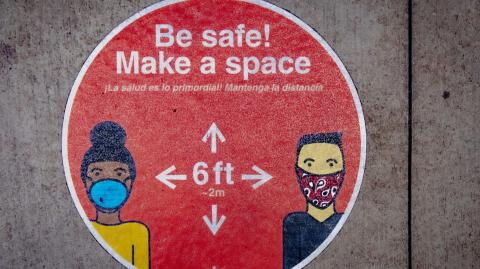Some people you know have never contracted COVID, despite the two-year pandemic we are experiencing. OAS-1, a protein found in the bodies of the lucky ones, is believed to break down the Sras-CoV-2 virus.
Discover our latest podcast
Genetic inequality
The information, reported in Futura Sciences, could explain why your 70-year-old great aunt was not affected by the virus, while some apparently healthy children end up in intensive care after contracting the Omicron variant.
The genes in our bodies are all different and do not promote immunity equally. As of 17 January, the number of infections in the UK was estimated at more than 88,130 cases per day.
The journal Nature has also studied the proportion of carriers of this gene in the various continents. It reveals that in Europe, people with this genetic feature have at least a 20% lower risk of developing a complicated form of COVID.
Read more:
- 3 countries you can travel to post COVID recovery
- COVID-19: Watch out for these 10 booster side effects in children
- COVID: 7 ways the virus affects your brain
Protein promoting contamination
On the other hand, the study by British researcher Kenneth Baillie revealed a protein that increases the chances of contracting COVID in certain patients. The activity of the TYK2 protein combines with that of CCR2 protein in the body, which could result in the host being affected by COVID.
The TYK2 gene can have multiple variations, and each person will have one of the kind; which determines if the person's immunity is less or more active.















